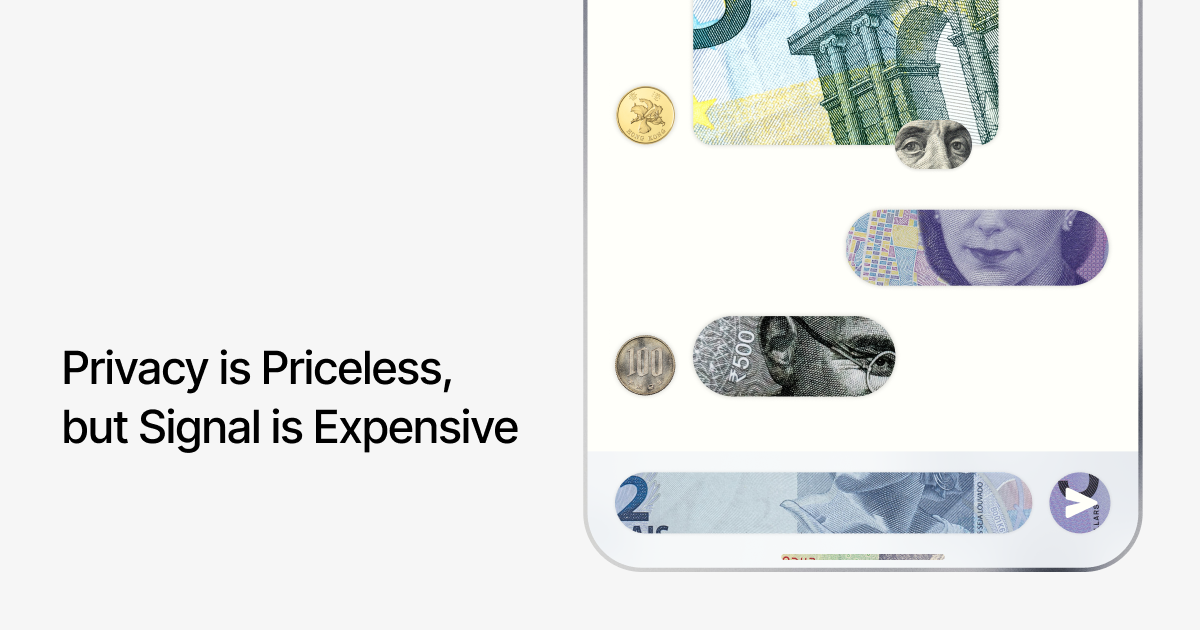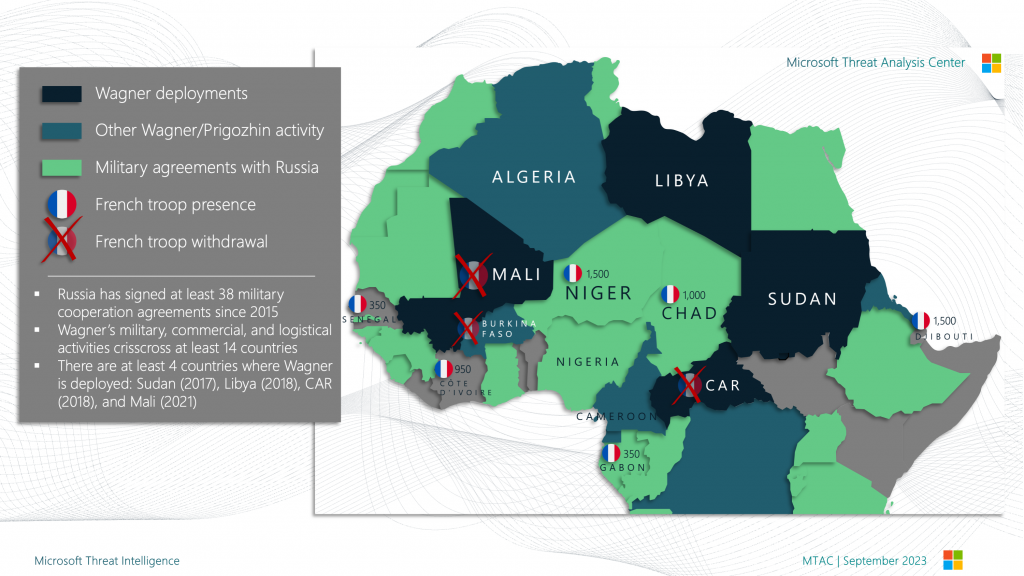You can always give a shot at using a third party client (possibly acting as bridge for other/better protocols, like e.g. slidge.im>xmpp or the buggy matrix equivalent), but you need to keep in mind that they will all require you to authenticate (and remain authenticated) using a smartphone, and that usage of 3rd party clients is forbidden from WA’s terms and conditions (which may lead to your account being blocked/deleted).
- 4 Posts
- 131 Comments

 4·3 months ago
4·3 months agoHow about nextcloud with only the bare minimum amount of plugins? Filles alone is pretty snappy.

 1·3 months ago
1·3 months agoPydio used to be called ajaxplorer and was a pretty solid and lightweight (although featureful) solution, but then they rewrote the UI with lots of misguided choices (touch controls and android inspired interactions on desktop devices) and it became so horrendous, heavy and clunky that I almost forgot about it. I wonder if they reversed the trend (but from the screenshots it doesn’t look so).

 2·3 months ago
2·3 months agoAren’t they not the same thing at all?

 4·4 months ago
4·4 months agoRussia supplied 77 per cent of China’s purchases
Not exactly a surprise, then. And good luck for the Russian’s arm industry bouncing back, considering its performance on the battlefield and its interleaving with western tech that it hasn’t managed to decouple itself from since 2014. China’s only taking a reasonable stance there.

 2·4 months ago
2·4 months agoand how much of this troubled history is linked to Java Applets/native browsers extensions, and how much of it is relevant today?

 52·4 months ago
52·4 months agoYep but:
-
it’s one runtime, so patching a CVE patches it for all programs (vs patching each and every program individually)
-
graalvm is taking care of enabling java to run on java
-

 61·4 months ago
61·4 months agoOr rather a Dunning Kruger issue: seniors having spent a significant time architecturing and debugging complex applications tend to be big proponents for things like rust.

 135·4 months ago
135·4 months agoWhy? What’s wrong with safe, managed and fast languages?

 20·4 months ago
20·4 months agoI agree with the sentiment and everything, but the whole gaming console industry has gone to crap after they started putting hard drives/storage in them with the goal of needing you to be online and not owning anything anymore. They are all equally despicable for that. Which makes emulation even more essential, just for preserving those games into the future when the online front will inexorably shut down.

 31·5 months ago
31·5 months agoReport, as disinformation/propaganda/not news, hoping mods are not looking the other way

 2·5 months ago
2·5 months agoThe important figure isn’t the total, but the fraction of GDP that goes into real estate, which is disproportionate in the case of China, for the reasons I mentioned, and more (another major one being the land leased by local governments to serve as their de facto revenue stream)

 7·5 months ago
7·5 months agoNot like “many other countries” but expectedly much worse: real estate has been de facto where most Chinese have been concentrating their wealth as “investment” in the absence of better local alternatives and the inability to invest abroad.

 13·5 months ago
13·5 months agoRemoved by mod

 6·5 months ago
6·5 months agoThe problem I’ve observed with XMPP as an outsider is the lack of a standard. Each server or client has its own supported features and I’m not sure which one to choose.
That’s a valid concern, but I wouldn’t call it a problem. There are practically 2 types of clients/servers: the ones which are maintained, and which work absolutely fine and well together, and the rest, the unmaintained/abandoned part of the ecosystem.
And with the protocol being so stable and backwards/forwards compatible in large parts, those unmaintained clients will just work, just not with the latest and greatest features (XMPP has the machinery to let clients and servers advertise about their supported features so the experience is at least cohesive).
Which client would you recommend?
Depends on which platform you are on and the type of usage. You should be able to pick one as advertised on https://joinjabber.org , that should keep you away from the fringe/unmaintained stuff. Personally I use gajim and monocles.

 29·5 months ago
29·5 months agoWhat’s the deal with you, exactly? Are you denying the many substantiated academic reports of environmental damage caused by rare-earth extraction and refining as part of some anti-China conspiracy? Just so I know if it’s worthy of my time to engage at all.

 29·5 months ago
29·5 months agocare to elaborate? The rest of the world definitely has higher environmental standards (and, more importantly, enforcement of them) than China. And that is a significant driver of the cost. You should read about the history of the PV industry in Germany before throwing insults.

 10·5 months ago
10·5 months agoThey both qualify as “open, federated messaging protocols”, with XMPP being the oldest (about 25 years old) and an internet standard (IETF) but at this point we can consider Matrix to be quite old, too (10 years old). On the paper they are quite interchangeable, they both focus on bridging with established protocols, etc.
Where things differ, though, is that Matrix is practically a single vendor implementation: the same organization (Element/New Vector/ however it’s called these days) develops both the reference client and the reference server. Which incidentally is super complex, not well documented (the code is the documentation), and practically not compatible with the other (semi-official) implementations. This is a red herring because it also happens that this organization was built on venture capital money with no financial stability in sight. XMPP is a much more diverse and accessible ecosystem: there are multiple independent teams and corporations implementing servers and clients, the protocol itself is very stable, versatile and extensible. This is how you can find XMPP today running the backbone of the modern internet, dispatching notifications to all Android devices, being the signaling system behind millions of IoT devices, providing messaging to billion of users (WhatsApp is, by the way, based on XMPP)
Another significant difference is that, despite 10 years of existence and millions invested into it, Matrix still has not reached stability (and probably never will): the organization recently announced Matrix 2 as the (yet another) definitive answer to the protocol’s shortcomings, without changing anything to what makes the protocol so painful to work with, and the requirements (compute, memory, bandwidth) to run Matrix at even a small scale are still orders of magnitude higher than XMPP. This discouraged many organizations (even serious ones, like Mozilla, KDE, …) from running Matrix themselves and further contributes to the de-facto centralization and single point of control federated protocols are meant to prevent.

 19·5 months ago
19·5 months agoRemoved by mod






I’d like to share your optimism, but what you suggest leaving us to “deal with” isn’t “AI” (which has been present in web search for decades as increasingly clever summarization techniques…) but LLMs, a very specific and especially inscrutable class of AI which has been designed for “sounding convincing”, without care for correctness or truthfulness. Effectively, more humans’ time will be wasted reading invented or counterfeit stories (with no easy way to tell); first-hand information will be harder to source and acknowledge by being increasingly diluted into the AI-generated noise.
I also haven’t seen any practical advantage to using LLM prompts vs. traditional search engines in the general case: you end up typing more, for the sake of “babysitting” the LLM, and get more to read as a result (which is, again, aggravated by the fact that you are now given a single source/one-sided view on the matter, without citation, reference nor reproducible step to this conclusion).
Last but not least, LLMs are an environmental disaster in the making, the computational cost is enormous (in new hardware and electricity), and we are at a point where all companies partaking in this new gold rush are selling us a solution in need of a problem, every one of them having to justify the expenditure (so far, none is making a profit out of it, which is the first step towards offsetting the incurred pollution).